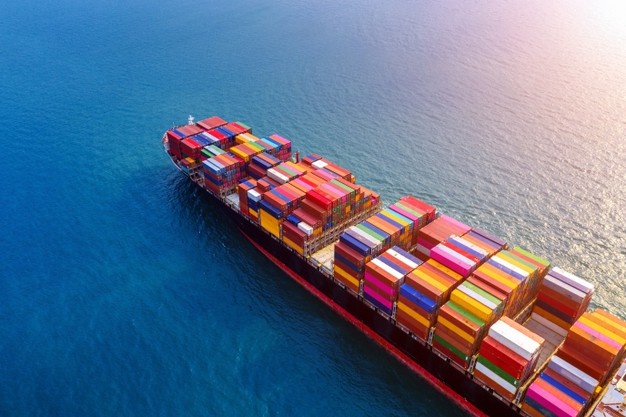If you work in any market related to imports or international transport of goods, you have probably heard of Incoterms. In this article, we will talk about their usefulness in the international market and what they refer to.
Incoterms or International Commercial Terms are the terms used to carry out buying and selling operations between different countries. Their main function is to unify the commercial concepts so that the seller and the buyer fully understand the conditions of the purchase or sale process to be carried out between them.
The International Chamber of Commerce (ICC) named them in 1936. However, through the years, they have been evolving and adapting to new commercial practices. They are constantly renewed to adapt to commercial changes, currently, the 2010 Incoterms are used.
What information do Incoterms contain?
Although the codes are very simple, Incoterms contain relevant information for both the buyer and the seller, such as:
- Freight charges.
- Place of delivery.
- Risks.
- Insurance.
- Customs formalities.
These are the data that are not included in the Incoterms but may be stipulated in the contract:
- Description and prices of the goods.
- Applicable taxes.
- Payment methods.
- Dispute resolution mechanisms.
Classification of Incoterms
Group E:
Delivery on departure means that the seller delivers the goods to the buyer at the premises so he would only have to pack the goods and wait for the buyer to pick up his package.
EXW (Ex-works): The buyer is obliged to pick up the goods at the seller’s premises, all costs are to be paid by the buyer.
Group F:
Indirect delivery, the seller prepares the goods and delivers them to a carrier of the buyer’s choice, for which he also pays the carriage. The seller is exempted from transport costs and risks.
FCA (Free Carrier): The seller delivers the goods at an agreed place and bears the costs until final unloading.
FAS (Free Alongside Ship): Delivery is at the agreed dock and after delivery, the risks and expenses are borne by the buyer.
FOB (Free On Board): Only used for maritime transport and without the container, the seller has the responsibility until the goods are loaded on board.
Group C:
Unlike the previous group, in this classification, the seller is responsible for hiring the carrier, in addition to bearing the costs and risks.
CFR (Cost and Freight): This is also for maritime transport and the seller assumes the costs until the goods are delivered at a port of destination. It specifies the risk during the ship’s voyage on behalf of the buyer.
CIF (Cost, Insurance, and Freight): The seller uses any transport and assumes the costs until delivery at the destination, the seller takes out insurance for the protection of the goods.
CPT (Carriage Paid To): The seller transports the goods and assumes the costs of delivery to the destination, if the goods are damaged when going with the carrier, the buyer is responsible.
CIP (Carriage and Insurance Paid To): It is valid for any type of transport and is used when the seller assumes all responsibility for risks and insurance costs, in the mobilization process.
Group D:
Direct Delivery. The seller is responsible for delivering the goods to the buyer and the risks and costs are borne by the seller, and when the goods arrive at their destination the costs and risks are passed on to the buyer.
DAT (Delivered At Terminal): The seller is responsible for all costs until the goods arrive at the agreed terminal.
DAP (Delivered At Place): The seller is responsible for most of the international shipping costs but the buyer is responsible for the import costs.
DDP (Delivered Duty Paid): The buyer does not have to pay the import costs, the seller is responsible for the costs.
International aide
Opening your enterprise’s doors to Latinamerican trade is a big step for any company. Xborder offers a series of services that give all the necessary tools to your e-commerce to cross borders. The services offered by Xborder range from import and export logistics, legal procedures, customer service, and technological tools that improve the quality of your online store. To learn more about all the services offered by this leader in international trade, visit www.xborder.co









